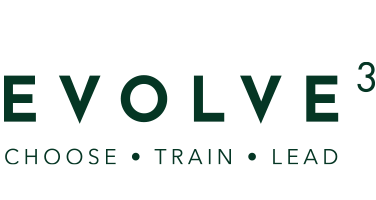
09 Feb How will you keep your team motivated?
You’re busy, possibly short staffed, and juggling too many responsibilities. And you need to keep your team focused and motivated. Easier said than done. If your existing staff aren’t generally positive about coming into work each day, you need to do something now.
Dan Pink’s motivation theory from the book “Drive” suggests that extrinsic rewards such as money are not effective motivators for most people in most circumstances. His extensive research indicates that you need to pay enough to take the issue of money off the table. Then it’s about engagement. Specifically, providing the three key elements that drive motivation: autonomy, mastery, and purpose. These factors are particularly relevant in a hospitality business where staff perform repetitive tasks, can face high levels of stress, and are interacting with customers on a daily basis.
So how to go about achieving this?
Autonomy refers to the ability for staff to have control over their work, including how they perform their tasks and when they perform them. Giving your staff more responsibility can greatly increase their sense of control and improve job satisfaction. Consider whether you’re giving your staff the opportunity to participate in decision making processes and contributing new ideas about how their area of the business functions.
Mastery refers to the desire for people to get better at what they do, to continually improve their skills, and to experience a sense of progress in their work. This can be achieved by providing opportunities for training and development, offering constructive feedback, and encouraging staff to take on new challenges. Offering a clear career path with opportunities for growth and advancement can also help foster a sense of mastery.
Purpose refers to the meaning and significance of work beyond just the salary or benefits. In a hospitality environment, this can be achieved by creating a culture that emphasizes the importance of customer service and creating a positive impact on the community. For example, a restaurant that focuses on using locally sourced ingredients, works towards minimising waste and carbon footprint or contributing to local charities can provide staff with a heightened sense of purpose and motivation to perform at their best. What will resonate with your staff?
If the leaders in your business can prioritise and implement these 3 motivators, they will be able to create a positive and motivated workplace culture that benefits everyone.
For more ideas on how to motivate your team and put in place the structured management systems necessary for maintaining high productivity and motivation long term, consider attending our How To Lead 2-day workshop.



